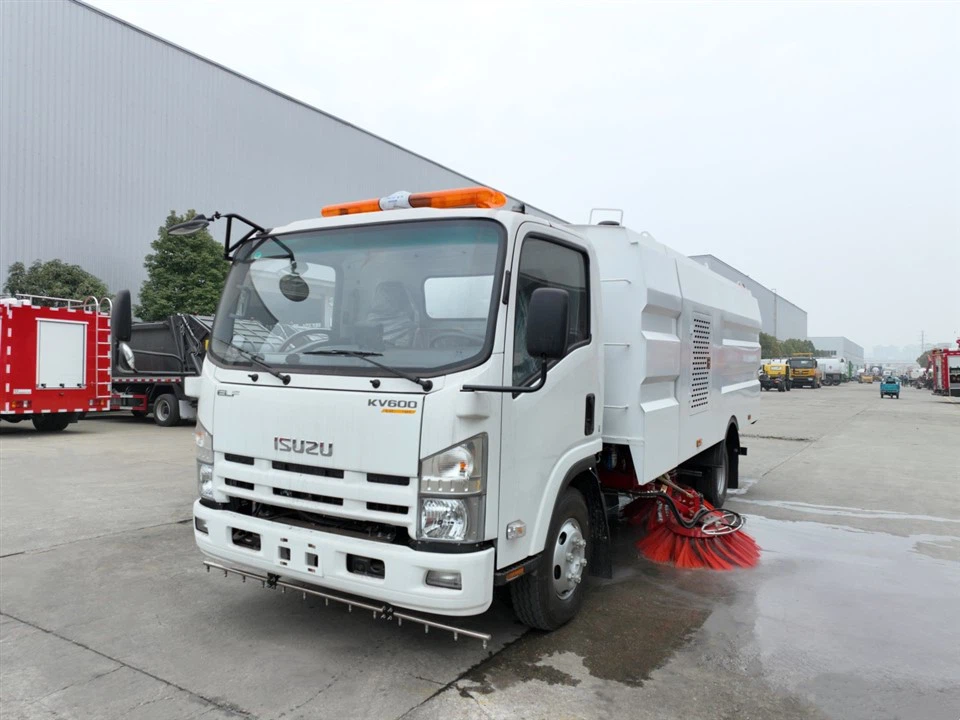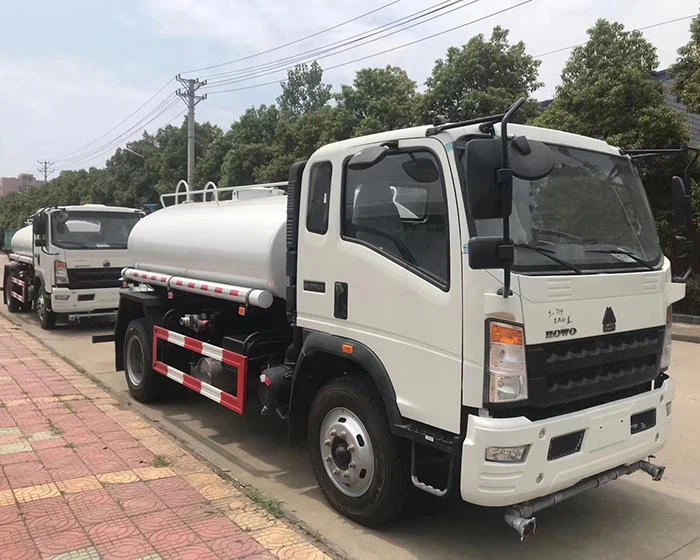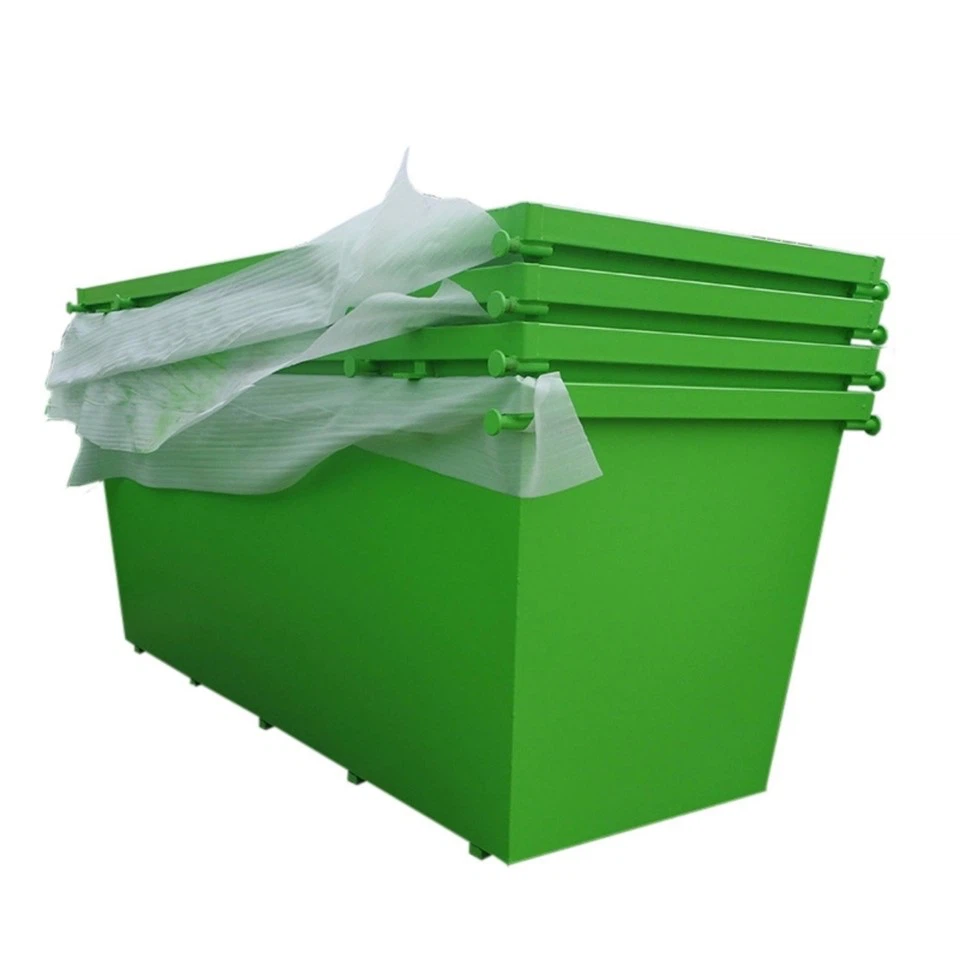Ultimate Guide to Dumpster Truck Rental: Everything You Need to Know

Introduction
In today’s world, effective waste management is crucial for both individuals and businesses. Whether you are undertaking a home renovation, cleaning out your garage, or managing a construction project, dumpster truck rental is a flexible solution to handle your waste disposal needs. This comprehensive guide will cover everything related to dumpster truck rental, including benefits, types, costs, and tips for choosing the right service. Read on to discover how to make the most out of your dumpster rental experience.
What is Dumpster Truck Rental?
Dumpster truck rental refers to the service of renting a truck equipped with a large container (the dumpster) for the purpose of collecting and transporting waste. These trucks can handle various types of debris, including construction materials, household junk, and yard waste. Rental services are typically offered by waste management companies, and they provide a wide range of sizes and types of dumpsters to match different needs.
Types of Dumpsters Available for Rent
When looking to rent a dumpster, you’ll encounter various types tailored for different purposes. Here are the main types:
| Type of Dumpster | Best For | Typical Size |
|---|---|---|
| Residential Dumpsters | Home Renovations, Cleanouts | 10-20 yards |
| Construction Dumpsters | Construction Sites, Major Remodeling | 20-40 yards |
| Roll Off Dumpsters | Various Waste Types, Large Projects | 10-40 yards |
| Yard Waste Dumpsters | Landscaping Projects | 10-15 yards |
Benefits of Renting a Dumpster Truck
Choosing to rent a dumpster truck comes with several advantages:
- Convenience: Avoid multiple trips to the landfill.
- Cost-Effective: Save money compared to paying for individual waste pickups.
- Variety of Sizes: Select the perfect size for your project.
- Efficient Waste Management: Ensure proper disposal of materials.
Understanding the Costs of Dumpster Truck Rental
The cost of renting a dumpster truck can vary significantly based on a few key factors, including the size of the dumpster, rental period, and location. Here’s a breakdown of the expected costs:
| Size of Dumpster | Average Cost (Per Week) | Additional Fees |
|---|---|---|
| 10 Yard | $200 – $300 | Weight Limits, Overdue Fees |
| 20 Yard | $300 – $400 | Permits, Extra Days |
| 30 Yard | $400 – $500 | Weight Limits, Disposal Fees |
| 40 Yard | $500 – $600 | Permits, Overweight Fees |
Factors Influencing Rental Costs
Determining the overall cost of dumpster rental involves considering various factors:
- Location: Prices can vary depending on the region.
- Duration: Longer rental periods typically mean higher costs.
- Dumping Fees: Some services charge extra based on weight or type of waste.
- Type of Waste: Hazardous materials may incur additional disposal fees.
How to Choose the Right Dumpster Truck Service
Finding the right dumpster truck rental service involves careful research and consideration. Here are practical tips to help you make an informed decision:
1. Assess Your Needs
Before renting a dumpster, determine the volume and type of waste you need to dispose of. This will help you choose the appropriate dumpster size and type.
2. Research Local Providers
Look for local dumpster rental companies and read reviews to gauge their reputation and service quality. Get recommendations from friends or family if possible.

3. Request Multiple Quotes
Don’t settle for the first quote. Request estimates from at least three different companies to ensure you’re getting a competitive price.
Example of Requesting Quotes
When contacting providers, consider asking the following questions:
- What is included in the quoted price?
- Are there any additional fees I should be aware of?
- What is the maximum weight limit for the dumpster?
4. Check for Insurance and Licensing
Ensure the rental company is fully licensed and insured. This protects you from liabilities if any damages occur during the rental period.
Understanding Rental Terms and Conditions
Once you find a suitable rental service, it’s vital to understand their terms and conditions. Key points to keep in mind include:
- Rental Period: Know how long you can keep the dumpster and any overtime fees.
- Weight Limit: Be aware of the maximum weight allowed and possible overage charges.
- Permits: Some locations may require a permit for dumpster placement, which could incur additional costs.
Preparing for Your Dumpster Truck Rental Delivery
Preparation is key to a smooth dumpster rental experience. Here are steps to take before delivery:
1. Choose a Suitable Location
Find a convenient and accessible spot for the dumpster. Ensure there is enough room for the truck to deliver and that the area is free from overhead obstructions.
2. Clear the Area
Before the dumpster arrives, make sure the site is clear of any debris, vehicles, or obstacles that could delay delivery.
3. Inform Neighbors
Let your neighbors know about the delivery, especially if the dumpster will be in a shared parking or alleyway.
Common Uses for Dumpster Truck Rentals
Dumpster truck rentals are versatile and can be utilized for various projects. Here are some common uses:
1. Home Renovations
Whether you’re remodeling a bathroom or adding a new room, a dumpster helps manage the waste generated from your project.
2. Commercial Construction
Construction sites generate significant waste. Renting a dumpster provides a central location for contractors to dispose of materials efficiently.

3. Landscaping Projects
Landscaping, yard cleanups, or tree removals produce green waste that can be easily managed with a designated dumpster.
4. Estate Cleanouts
During estate cleanouts, dumpsters make it easier to dispose of large amounts of unwanted furniture, appliances, and other junk.

Environmental Considerations
Proper waste disposal is not only about convenience; it’s also essential for environmental sustainability. Here are some eco-friendly practices to keep in mind:
1. Recycling
Check if your dumpster rental service offers recycling options. Many companies distinguish between recyclable and non-recyclable materials.
2. Hazardous Waste Disposal
Be cautious about disposing of hazardous materials. Consult your rental service about the correct procedures for handling hazardous waste.
Frequently Asked Questions (FAQ)
1. How long can I keep the rented dumpster?
The rental period typically ranges from a few days to a week, depending on the service provider. Consult your rental agreement for specific terms.
2. What materials can I put in the dumpster?
Common materials include construction debris, furniture, appliances, and yard waste. Check with your rental company for a list of prohibited items.
3. Are there weight limits for dumpsters?
Yes, each dumpster has a maximum weight limit, and exceeding it can incur extra fees. Make sure to inquire about weight limits when renting.
4. Do I need a permit to place a dumpster?
In some areas, a permit may be required, especially if the dumpster will be placed on public property. Confirm with your local regulations and the rental company.
5. Can I rent a dumpster for a single day?
Many companies offer a one-day rental for small projects, but this varies by provider. Be sure to ask when requesting your quote.
6. What happens if I fill the dumpster over the top?
Filling a dumpster over the top is typically not allowed due to safety concerns. Doing so may result in additional fees or required reloading of materials.
